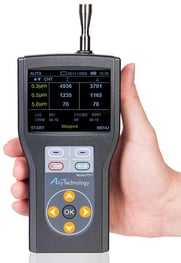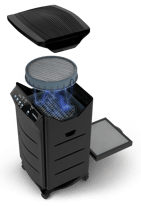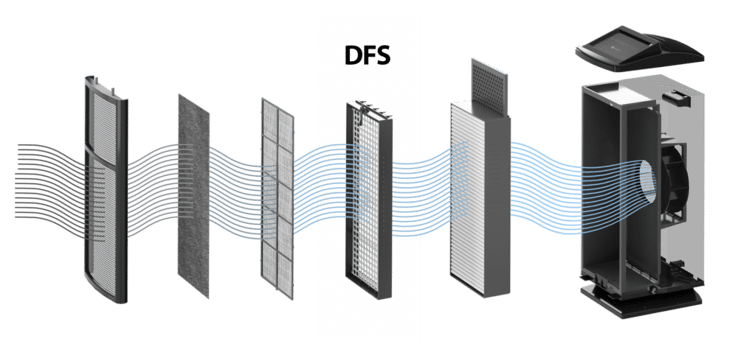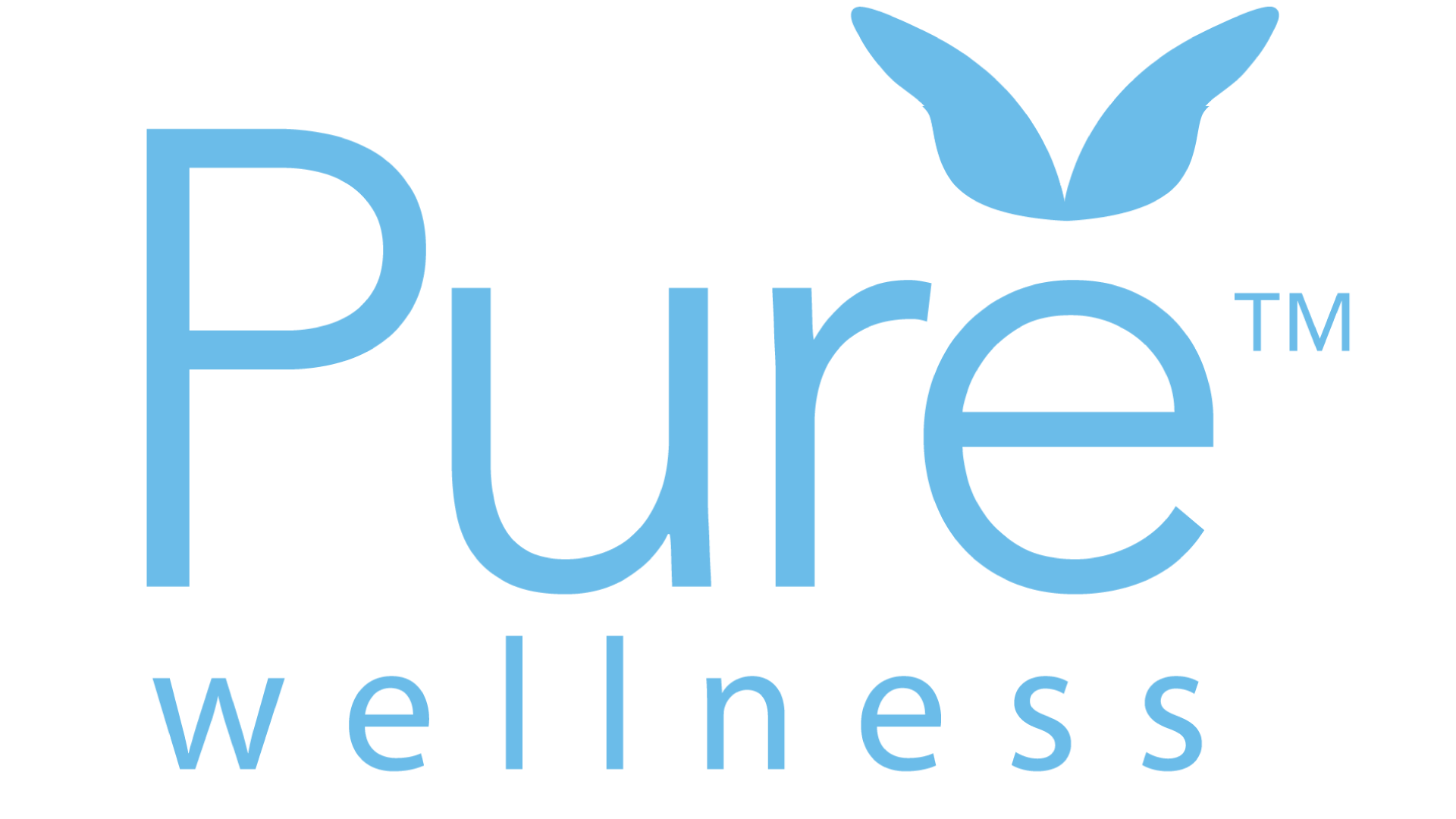With so many air purifiers available on the market today, it can be difficult to know which one is right for you. What actually makes one unit different or better than another?
 A recent study sought to answer this question using a Class I Laser Particle Counter. This device measures the number of particles in the air using a highly precise sensor. By comparing the number of particles going into an air purifier versus the number going out, the study was able to assign a specific efficiency level to different air purification systems. This method is called a single pass filtration test.
A recent study sought to answer this question using a Class I Laser Particle Counter. This device measures the number of particles in the air using a highly precise sensor. By comparing the number of particles going into an air purifier versus the number going out, the study was able to assign a specific efficiency level to different air purification systems. This method is called a single pass filtration test.
The results of the filtration test for five of today’s most popular air purifiers are listed in the chart below:
|
|
Particles In* |
Particles Out |
Percent Efficiency |
|
Mila |
206,000 |
51,000 |
75% |
|
TruSens |
190,000 |
16,000 |
90% |
|
Dyson |
177,000 |
62,000-110,000** |
65-75% |
|
Intellipure |
180,000 |
0 |
100% |
|
Molekule |
175,000 |
100,000 |
50% |
*Due to the sensitivity of the particle counter, all numbers and calculations are approximate.
**The Dyson purifier features a double-sided output system and this range reflects the difference between right and left-sided outputs during testing.
While these results demonstrate that some purifiers are more effective than others at removing particles from the air, the Intellipure’s ability to reach a zero particle output reading is striking. What accounts for this difference between the Intellipure and the other filters tested during the study?

Intellipure uses a method called Disinfecting Filtration System (DFS) technology, which was developed through a US military grant. DFS creates a self-contained, highly ionized state in the main filter that clusters ultrafine particles, making them larger and easier to capture. This high energy field also prevents organism growth in the pleats and folds of the filter to prevent live organisms from escaping back into the air. DFS technology has even been shown to be 99.99% effective in filtering SARS-CoV-2 (COVID-19) from the air.

Companies that make air purifiers often use novel design concepts and slick marketing campaigns to promote their products, making it difficult to know how effective they truly are. But ultimately, which air purifier would you want in your home, business, school, hospital or daycare?

Submit a comment